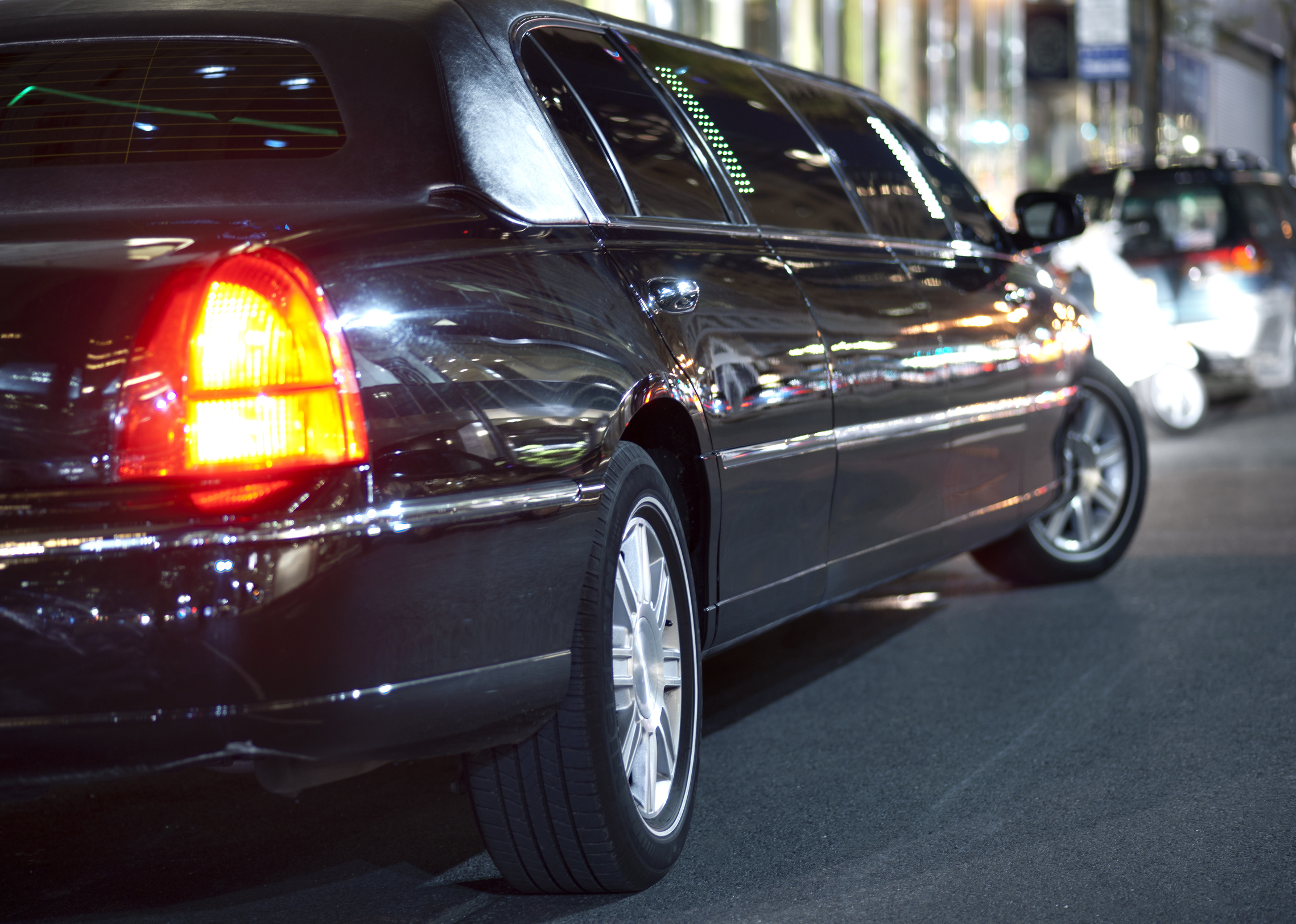Here at Arlington/Roe, we enjoy helping our agents write public auto accounts. In fact, public auto represents roughly 20% of the premium that we write within our transportation department; it’s a big part of what we do. Given its importance, we thought we’d answer some questions regarding public auto risks and give you some tips on how to be successful writing this class of business.
So, first question —
What IS Public Auto?
Glad you asked! In a nutshell, it’s automobiles that transport people. They typically come in two categories: for-hire or not-for-hire.
In the for-hire sector, you’ll find taxis, limousines/black-car, charter buses, party buses, airport transportation (where a fee is involved) and non-emergency medical/paratransit operations. The main takeaway is that money exchanges hands for transport.
Here are some not-for-hire examples in the public auto category: senior citizen center vans, daycare vans/buses, church buses and vans, employee transportation as well as courtesy autos.
What are the risks, and what insurance coverages are available to address those risks?
The largest risk is the liability of injuries and property damage that comes from operating the auto. We manage this area of potential loss with auto liability insurance. The limits for the amount of liability insurance, often are mandated by a government body. (More on that later.)
Physical damage to the automobile is also a risk and covered through collision and comprehensive coverage, as well as uninsured and underinsured motorists, and hired & non-owned liability for vehicles that may be rented or used if the original scheduled vehicle is not available or employees using their vehicle in the course of the public transportation business.
General liability is an area that is often overlooked. We see injury claims that aren’t associated with the operation of the vehicle, such as slip and falls, and in the case of non-emergency medical transportation, loading/unloading, and accusations of assault (which is sometimes a different limit or separate policy). A good GL policy will help transfer some of risk of operation.
Don’t forget – there are times when primary insurance policy limits may not be enough in the face of a lawsuit or to satisfy government regulations. We can help your public auto risk with excess policies to obtain more coverage.
I’ve heard some public auto risks need “filings.” What are they? When are they needed?
Think of a “filing” as proof of insurance. State and federal governments require this proof as a duty to protect the public. In the case of a vehicle that is designed or used to transport more than eight passengers (including the driver) for compensation AND is involved in interstate commerce, a USDOT number is required. The requirement is the same when compensation ISN’T involved, for vehicles designed or used to transport more than 15 passengers. To satisfy federal regulations, the public auto entity needs to provide proof of financial responsibility of $1.5 million for operating vehicles of 15 or fewer passengers (including the driver) and $5 million for operating vehicles of 15 or more passengers. In these examples, a BMC 91 or BMC 91x filing would be required as well as a MCS90B.
State filing requirements often have similar stipulations as the federal government, but they may have different terms based on the number of passengers (example: 9-12 passengers requires $1M liability and 100K physical damage, 13-20 requires $1.5 liability and $100k physical damage and so on). It’s always best to check each individual state’s requirements by going to their respective DOT websites to better understand operating conditions.
Where does Arlington/Roe do best when writing these Public Auto Risks?
Glad you asked! Hit ratios can vary by state and by market availability, but we are most successful writing non-emergency transport, buses, vans, taxis, limousines, ambulances and excess. If you’d like to talk to us about a public auto risk, here’s how you can contact us.
Other Resources
Federal Motor Carrier Safety Administration Insurance Filing Requirements
Arlington/Roe Public Auto Quote Sheet
